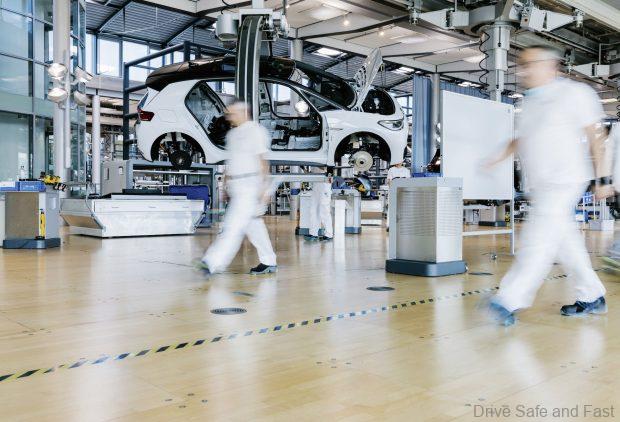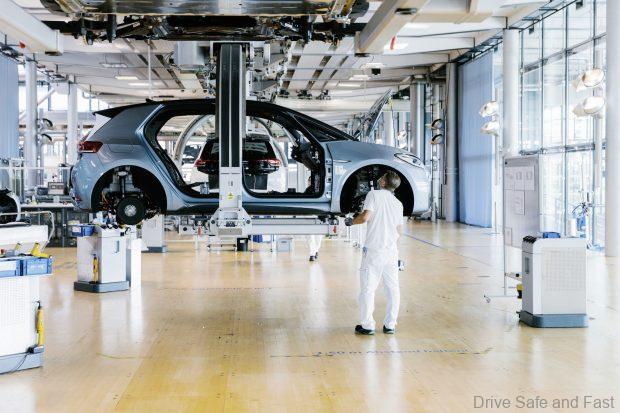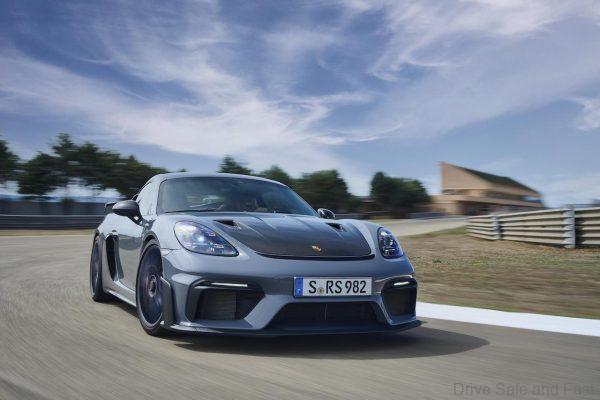Volkswagen Secures German Factories Amid Industry Challenges
Volkswagen has reached an agreement with its IG Metall union, ensuring all 10 of its German plants remain operational until at least 2030. This development comes after months of uncertainty, with fears of closures fueled by declining demand and shifting market dynamics. It’s a Christmas miracle for thousands of workers.

Under the agreement, Volkswagen workers in Germany are guaranteed job security until the end of the decade. While the union has agreed to postpone wage increase demands until 2031, Volkswagen will avoid the need for forced layoffs. This compromise marks a significant win for both parties, preserving the automaker’s domestic operations and safeguarding thousands of jobs.

Despite the positive outcome, Volkswagen is taking measures to streamline its workforce. The company plans to reduce its headcount by 35,000 over the next five years, largely through voluntary early retirement programs. This strategy aligns with its broader efforts to cut costs while maintaining its competitive edge in an evolving automotive landscape.

In a statement, Daniela Cavallo, head of Volkswagen’s works council, emphasized the long-term stability the deal brings. “No site will be closed, no one will be made redundant, and our company wage agreement will be secured for the long term,” Cavallo said.

The automaker has also announced plans to repurpose two of its facilities to align with shifting market needs. Earlier rumors suggested that low-volume plants like Dresden and Osnabrück were at risk of closure. However, the new agreement ensures these sites will remain open, even as production models like the ID.3 and Porsche 718 face challenges in the market.

Volkswagen’s decision to sell a factory in China further underscores the pressures it faces globally. Despite economic setbacks, the company remains committed to its growth in key markets, promising 18 new models in China by 2030.
The automotive giant’s challenges mirror broader industry trends, including waning demand for their electric vehicles (EVs) and rising production costs. Volkswagen’s ability to adapt will likely determine its long-term success as it navigates this transformative period.

